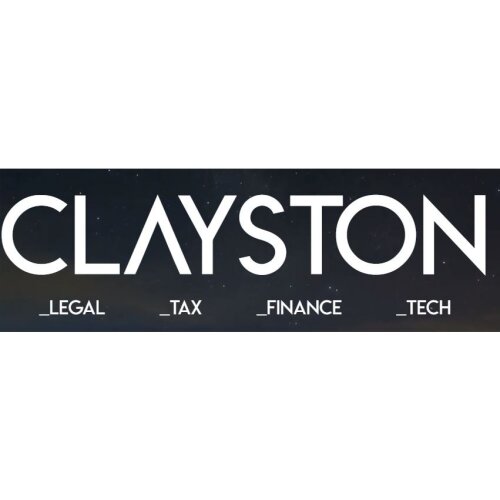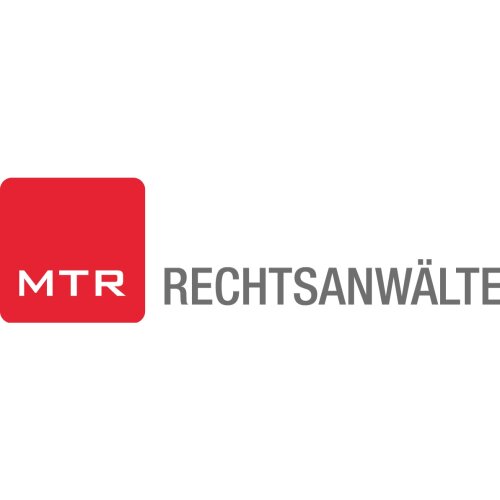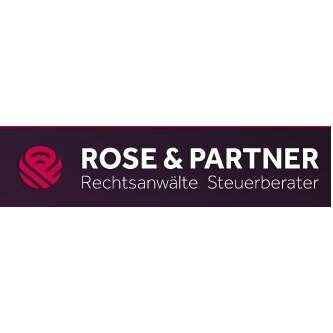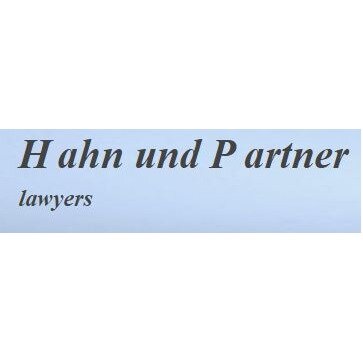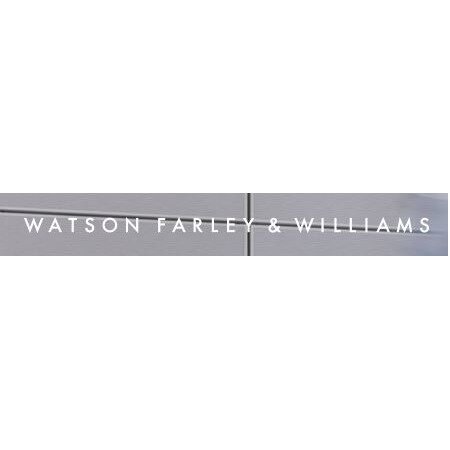Best Renewable & Alternative Energy Lawyers in Hamburg
Share your needs with us, get contacted by law firms.
Free. Takes 2 min.
List of the best lawyers in Hamburg, Germany
About Renewable & Alternative Energy Law in Hamburg, Germany
Hamburg is one of Germany's leading cities when it comes to investing in and supporting renewable and alternative energy. The region has set ambitious climate objectives and actively encourages the expansion of green energy sources such as wind, solar, and biomass. Renewable and alternative energy law in Hamburg consists of a framework of international, national, and local regulations that guide the planning, installation, operation, sale, and purchase of various forms of clean energy. These laws are designed to encourage the use of sustainable energy solutions while balancing environmental protection, economic growth, and the interests of local communities.
Why You May Need a Lawyer
Navigating the legal landscape of renewable and alternative energy in Hamburg can be complex due to overlapping regulations and the technical nature of many projects. Here are some common situations in which legal assistance may be required:
- Securing permits and authorizations for solar, wind, or biomass installations
- Negotiating and drafting contracts for energy supply or project development
- Understanding incentives, grants, or feed-in tariff schemes
- Dealing with disputes regarding land use, property boundaries, or neighbor objections
- Compliance with zoning, environmental, and building regulations
- Facilitating mergers, acquisitions, or partnerships in the energy sector
- Resolving regulatory issues when connecting renewable energy systems to the grid
Lawyers specialized in this field can provide invaluable support to property owners, investors, businesses, developers, and communities.
Local Laws Overview
Hamburg’s renewable energy sector operates under a combination of German national law, EU directives, and specific local initiatives. Some key aspects include:
- Renewable Energy Sources Act (EEG): This German federal law establishes feed-in tariffs, grid access rules, and incentives for renewable energy production.
- Hamburg Climate Action Plan: The city has its own strategy to reduce carbon emissions and increase its share of green energy, which influences local permits and subsidies.
- Building Codes and Zoning: Local planning regulations affect where and how renewables (like solar panels or wind turbines) can be installed, particularly in residential and nature-protected areas.
- Environmental Protection Laws: All renewable projects must comply with ecological guidelines, including wildlife protection, noise emissions, and landscape impact assessments.
- Grid Connection Rules: Technical standards and administrative procedures govern how new energy sources can be connected to Hamburg’s grid infrastructure.
Compliance with these requirements is essential for both large-scale energy projects and small residential installations.
Frequently Asked Questions
What types of renewable energy projects are most common in Hamburg?
Wind energy, particularly offshore and onshore wind farms, is the most established sector, followed by solar photovoltaic installations and biomass projects. Hamburg is also a hub for innovative hydrogen energy initiatives.
Can I install solar panels on my own property in Hamburg?
Yes, most private property owners can install solar panels, but proper permits may be required. Local building codes and any restrictions imposed by historic preservation or neighborhood associations will need to be checked.
What incentives are available for renewable energy installations?
Incentives can include feed-in tariffs from the EEG, investment grants, low-interest loans, and city-level subsidy programs for renewable installations and energy efficiency upgrades.
How do I get permission to build a wind turbine?
You must apply for permits through local authorities, providing technical details, environmental assessments, and proof of compliance with zoning laws and safety standards.
Are there restrictions on where renewable energy installations can be located?
Yes, land use regulations restrict installations in protected areas, densely populated neighborhoods, or locations that may impact wildlife or local infrastructure. Each project requires site-specific review.
What should be included in an energy supply contract?
Key terms such as duration, pricing, volume, delivery guarantees, liability clauses, and procedures for dispute resolution should be clearly stated to protect all parties.
Can businesses sell surplus renewable energy back to the grid?
Yes, businesses can usually feed surplus energy into the public grid under the EEG, but they must meet regulatory, technical, and contractual requirements with their grid operator.
What legal risks should project developers be aware of?
Common legal risks include regulatory non-compliance, delays in permit approvals, contract disputes, environmental liability, and challenges from neighbors or interest groups.
What is "repowering" and is it allowed in Hamburg?
Repowering refers to upgrading or replacing older renewable energy systems with newer, more efficient technology. It is allowed but must comply with current planning and environmental regulations.
How can I resolve disputes concerning renewable energy projects?
Disputes can often be handled through negotiation or mediation before escalating to formal legal proceedings. If necessary, local courts or arbitration panels can adjudicate disputes relating to contracts, land use, or regulatory matters.
Additional Resources
If you need information or guidance, these resources may be helpful:
- Hamburg Ministry for Environment, Climate, Energy and Agriculture (BUKEA): Provides city-specific guidance and contacts regarding energy projects and permits.
- Federal Network Agency (Bundesnetzagentur): Regulatory authority overseeing energy markets and grid connections nationwide.
- German Renewable Energy Federation (BEE): Offers advice and updates on the latest legislation and market trends.
- Chamber of Commerce Hamburg: Supports businesses with legal questions about energy investments and contracting.
- Consumer Advice Centers: Offer tailored support to individuals considering energy solutions for their homes.
Next Steps
If you require legal assistance relating to renewable or alternative energy in Hamburg, consider the following steps:
- Gather all relevant information about your project or legal issue, including site details, contracts, permits, and correspondence.
- Contact a specialized legal professional with experience in energy law, environmental law, and local regulations in Hamburg.
- Prepare a list of questions and clearly define your objectives before your consultation to make the most of the lawyer’s expertise.
- Stay informed about changes in renewable energy policies and local rules that might affect your rights and responsibilities.
- Consult with professional bodies or consumer centers for initial non-binding guidance if you are unsure about the process.
With the proper legal support, you can navigate Hamburg’s renewable and alternative energy landscape confidently and successfully achieve your goals.
Lawzana helps you find the best lawyers and law firms in Hamburg through a curated and pre-screened list of qualified legal professionals. Our platform offers rankings and detailed profiles of attorneys and law firms, allowing you to compare based on practice areas, including Renewable & Alternative Energy, experience, and client feedback.
Each profile includes a description of the firm's areas of practice, client reviews, team members and partners, year of establishment, spoken languages, office locations, contact information, social media presence, and any published articles or resources. Most firms on our platform speak English and are experienced in both local and international legal matters.
Get a quote from top-rated law firms in Hamburg, Germany — quickly, securely, and without unnecessary hassle.
Disclaimer:
The information provided on this page is for general informational purposes only and does not constitute legal advice. While we strive to ensure the accuracy and relevance of the content, legal information may change over time, and interpretations of the law can vary. You should always consult with a qualified legal professional for advice specific to your situation.
We disclaim all liability for actions taken or not taken based on the content of this page. If you believe any information is incorrect or outdated, please contact us, and we will review and update it where appropriate.



